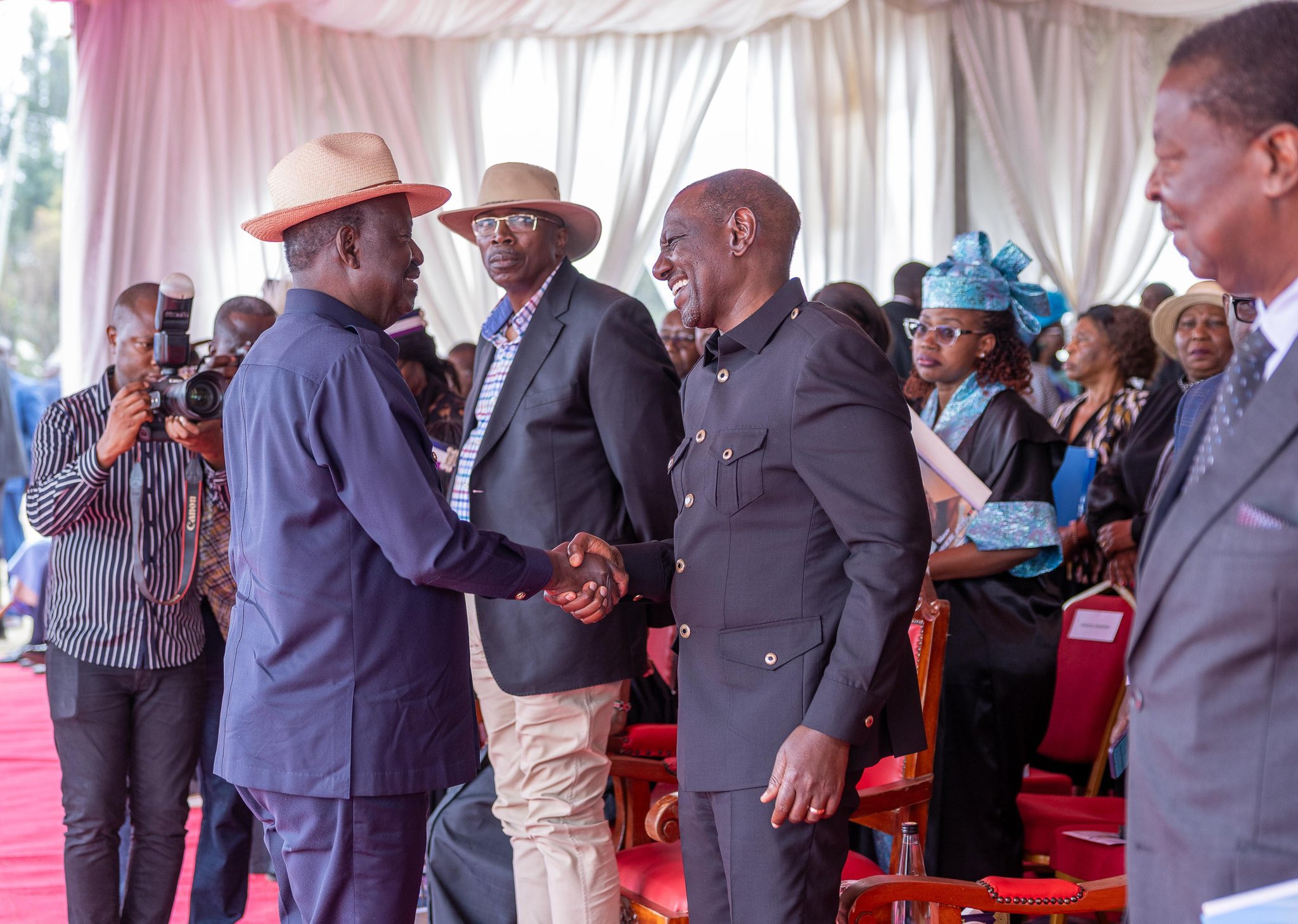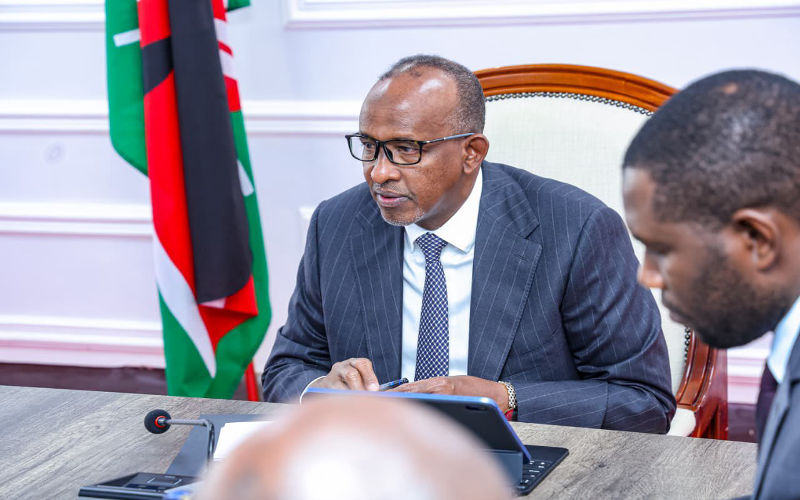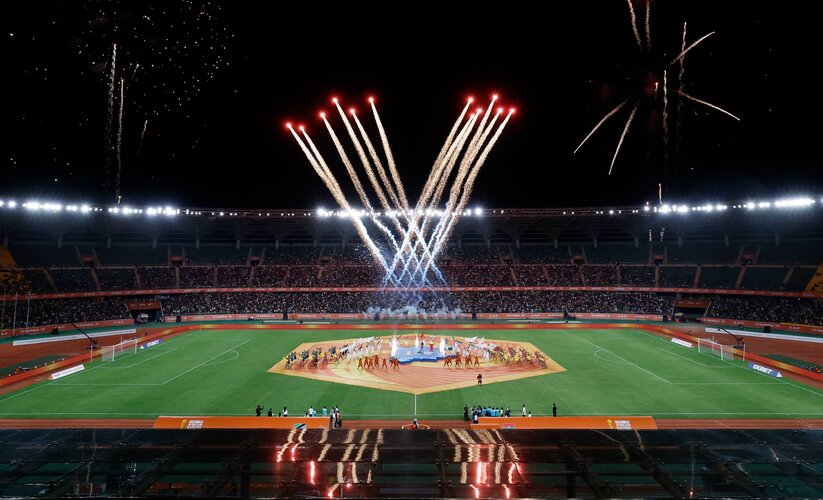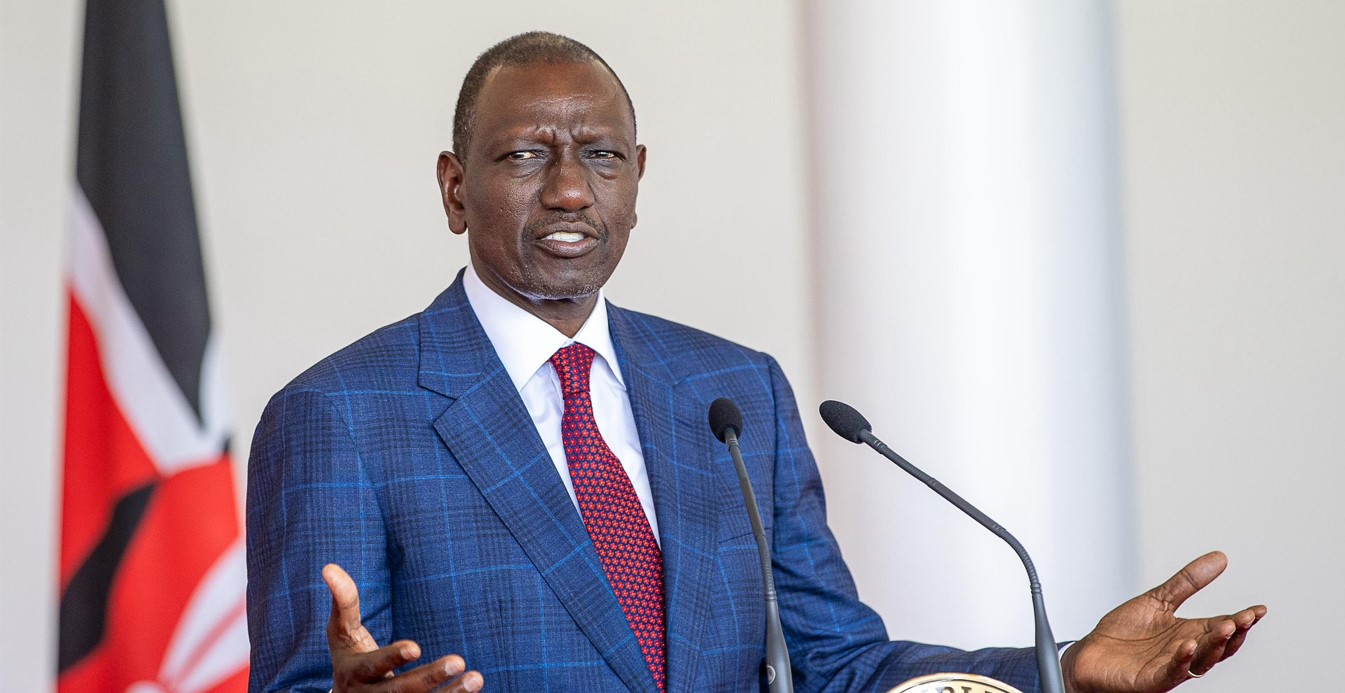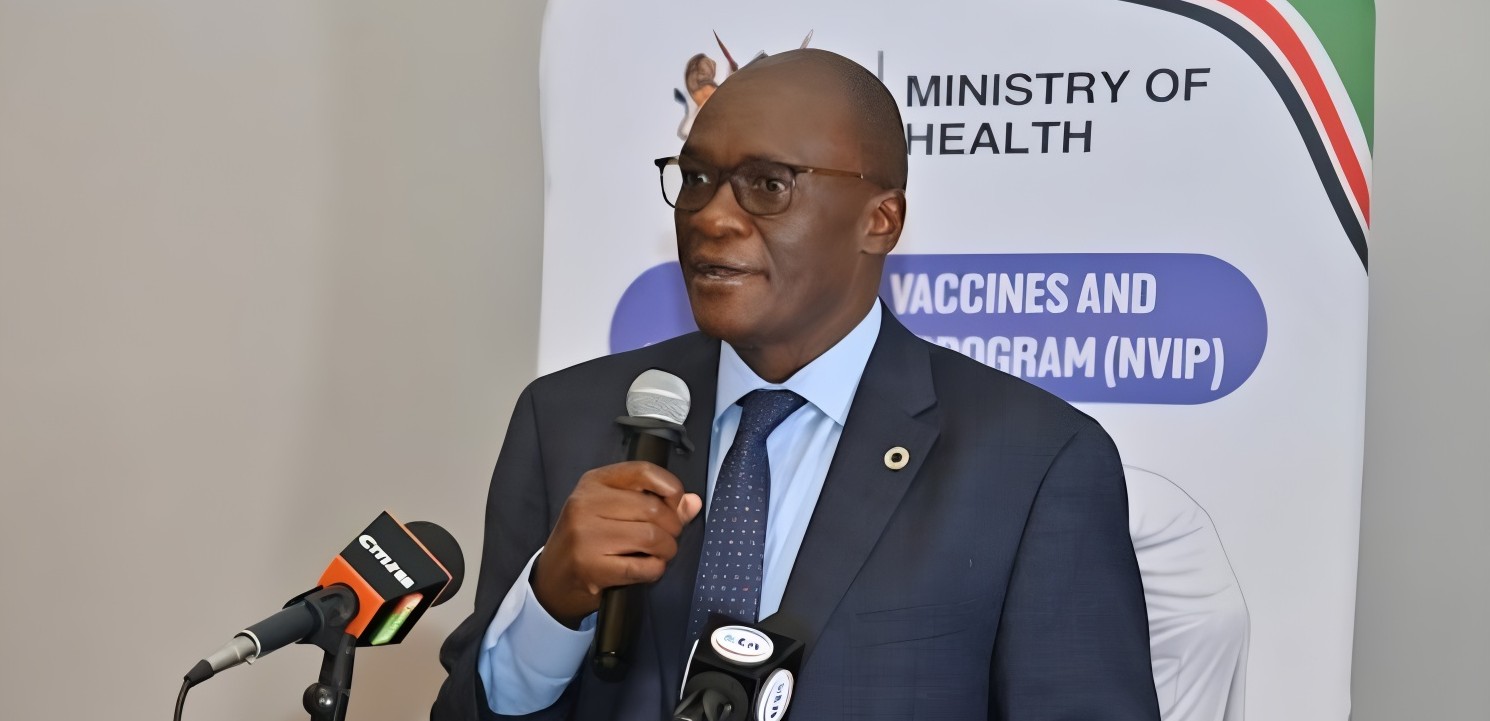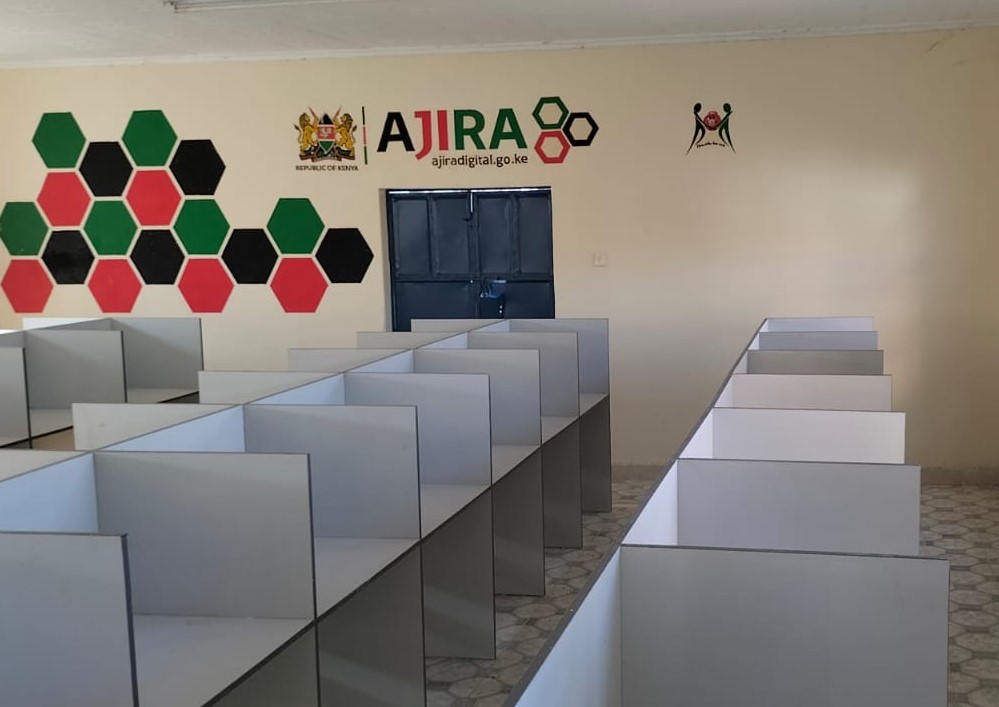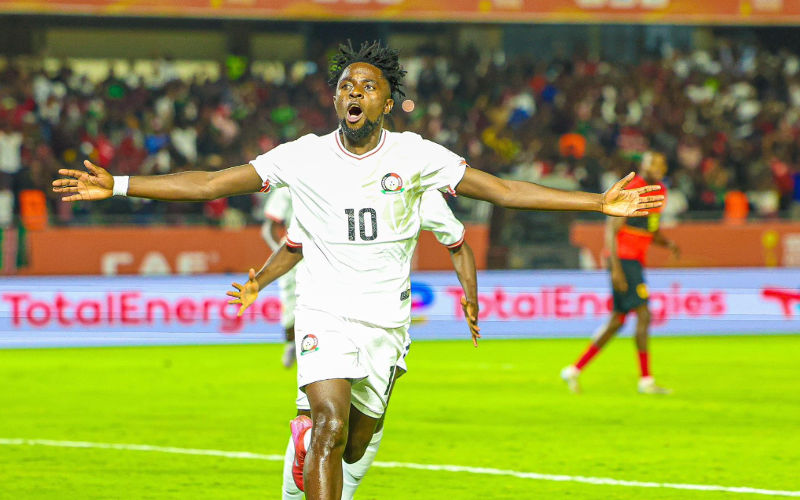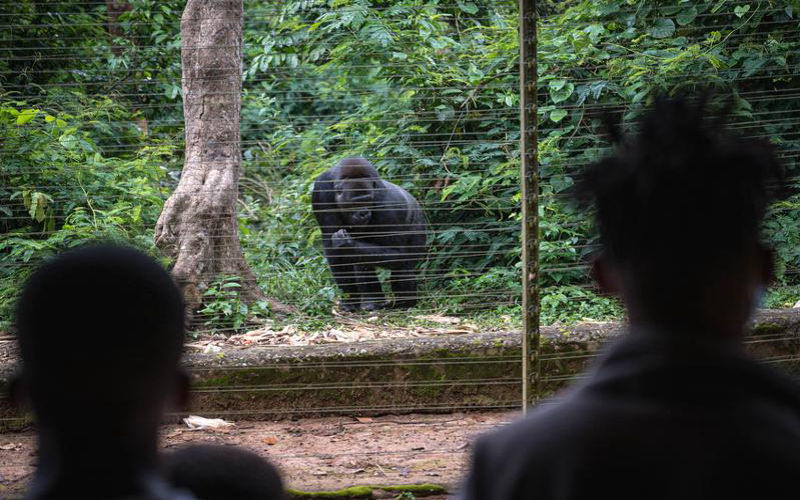Glasgow 2026: Commonwealth games drops 1,500m, revives mile after 60 years
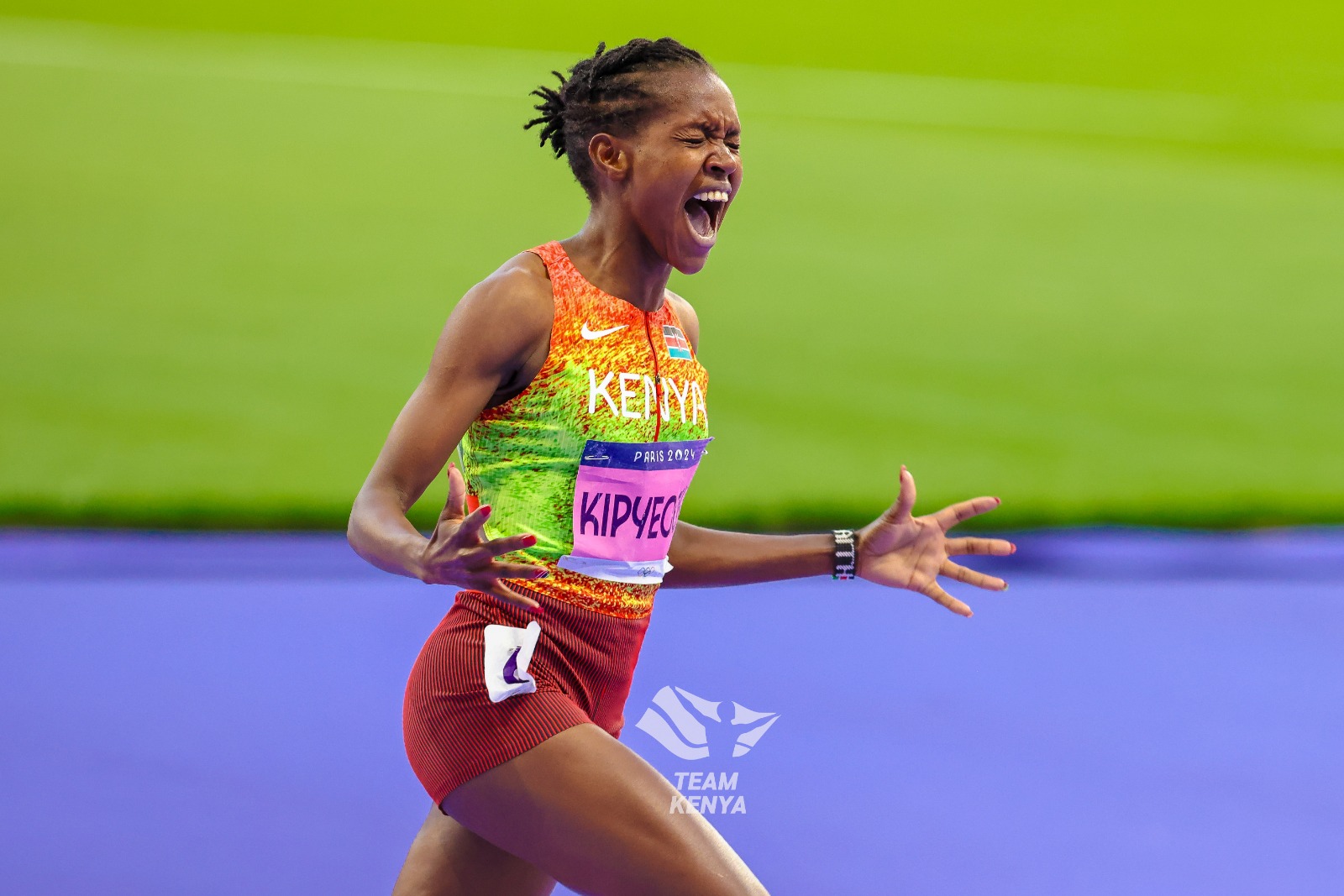
The Commonwealth Games athletics programme is set for a major shake-up at Glasgow 2026, with the mile race making a return after six decades. The 1,500 metres has been scrapped in favour of the historic event, while organisers have also introduced a mixed 4x400m relay. With fewer sports on the roster due to limited preparation time, the revamped programme aims to maintain competitiveness while streamlining the event.
The mile run will return to the Commonwealth Games at Glasgow 2026 after a 60-year absence, as organisers revamp the athletics programme to include the mixed 4x400m relay.
World Athletics President Sebastian Coe welcomed the change, calling the mile "the quintessential Commonwealth athletics event." He added, "Its return to the Games in Glasgow 2026 is something I very much welcome."
Glasgow stepped in as host after Australia withdrew due to financial constraints, forcing organisers to streamline the programme. As a result, Glasgow 2026 will feature only 10 sports, down from 19 at Birmingham 2022. Among the sports dropped are rugby sevens, field hockey, badminton, triathlon, Twenty20 cricket, squash, diving, table tennis, beach volleyball, and rhythmic gymnastics.
The confirmed sports for Glasgow 2026 include athletics and para-athletics (track and field only), swimming and para-swimming, artistic gymnastics, track cycling and para-track cycling, netball, weightlifting and para-powerlifting, boxing, judo, bowls and para-bowls, 3x3 basketball, and 3x3 wheelchair basketball.
The revamp also affects the 1,500 metres, which has been scrapped in favour of the mile. The change means specialists in the event will now race four laps, a shift that could see Kenyan athletes aiming to extend their middle-distance dominance to the longer format.
Historically, Kenyan male athletes have excelled in the 1,500m at the Commonwealth Games, securing six gold, five silver, and two bronze medals - more than any other nation. Their triumphs include Kipchoge Keino’s victory at Edinburgh 1970, when the 1,500m was first contested at the Games. Kenyan female athletes, however, have only managed three golds and a silver across 14 editions.
The mile first appeared at the Commonwealth Games in Vancouver 1954, coinciding with Kenya’s debut at the competition. However, no Kenyan athlete competed in the event. Instead, England's Roger Bannister and Australia’s John Landy dominated, both clocking sub-four-minute times in what became known as the "Miracle Mile." Bannister’s feat remains one of the sport’s greatest milestones, as he was the first man to break the four-minute barrier.
Kenya entered the mile race in 1958 and 1962 but had to wait until Kingston 1966 for a podium finish. It was then that Kipchoge Keino stormed to gold in a competition record time of 3:55.34—marking the last time the event featured at the Games.
With the men’s world record standing at 3:43.13, set by Morocco’s Hicham El Guerrouj in 1999, the return of the mile is expected to set a new Commonwealth Games benchmark.
For the women, the event's introduction in Glasgow 2026 marks uncharted territory, as the mile was never previously contested in the women's category at the Commonwealth Games. Breaking Faith Kipyegon’s world record of 4:07.64 would require a monumental effort, but with the world’s best middle-distance runners set to compete, the stage is set for history to be rewritten.
Other Topics To Read
Top Stories Today

